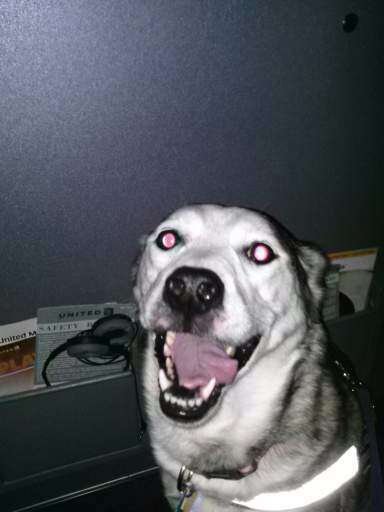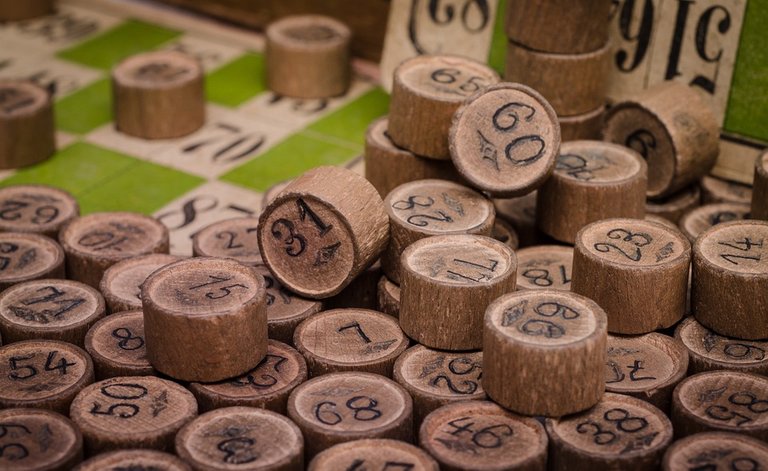Google and Yahoo.com say about antonomasia:
pronounced an-tuh-noh-MAY-zhuh
Dating back to the sixteenth century, comes from the Greek verb “antonomasia” which means “to call by a new name,” which, in turn comes from the Greek verb, “onoma,” meaning “name.”
Of antonomasia, my antiquated dictionary says this:
“call instead; in rhetoric, the use of some epithet or appellative (as his lordship) instead of a person’s name, or the use of a proper name out of its original application (as a Shylock- a relentless and revengeful Jewish money lender in Shakespeare’s “Merchant of Venice”; hence, an extortionate usurer).” ( “Antonomasia. “ The New Century Dictionary of the English Language. 1952 ed., Vol I, p 57.)
Put simply,
Antonomasia means to call someone or something by a new name. For instance, antonomasia occurs when calling someone who has betrayed you, a Benedict Arnold or when I call my cat, (whose name is Aubrey Rose), Diva Kitty. As I researched this word, I was amazed at how often I use antonomasia in my daily life and that I had never heard this term before. I began to see antonomasia everywhere, TV commercials, magazine ads, bill boards. Thus, I can’t think of better examples, to illustrate the meaning of the word “antonomasia,” than those taken from my daily life.
 source
sourceFairy Princess,
Another poem by @finleyexp, makes use of antonomasia regarding a dog, Lydia. In the first line of this poem, she uses “Fairy Princess” to enhance Lydia’s name, giving dimension to Lydia’s personality, including her perceived standing within her universe. @finleyexp uses antonomasia, as an artist uses paint, to define other characteristics of Lydia. Her rhetorical brush paints Lydia as regal, demanding, indiscriminant, and an insistent little Princess. Therefore, Lydia, through the use of antonomasia, morphs from ordinary dog, to fairy princess, who is “regal even without a crown.” From this day forth, she shall be known not as Lydia, but as Fairy Princess. Antonomasia, in this poem, is at its canine best. What about the photograph accompanying this poem?
 source
sourceWhen I look at this picture of Lydia I see a goofy looking dog, with a smile on her face. Lydia’s ears sit high, straight, and proud, a look which could be translated as regal. Lydia’s intense bull’s eye stare could be defined as demanding and insistent. Her smile pulls everything together, making her look majestic- Lydia is a fairy princess. The antonomasia @finleyexp uses to describe Lydia in her poem fit the Lydia in Ms. Finley’s photograph.
A Little History of this Article:
As required of my Advanced Rhetoric, Grammar, and Composition class, I participated in a word lottery, which segued into our assignment-writing a rhetorical essay, including research on our word. Excited about the concept of a sure win (even if the prize was a word), especially after losing the lottery many times.
 source
sourceI “won” the word antonomasia, and not knowing where else to begin researching, I went straight to google.com and yahoo.com. I also consulted my comfort zone- an antiquated two volume set, The New Century Dictionary, that dates 1952. Seeing my word had not changed its meaning since the fifty‘s, I proceeded. The following is the result of my research on antonomasia.